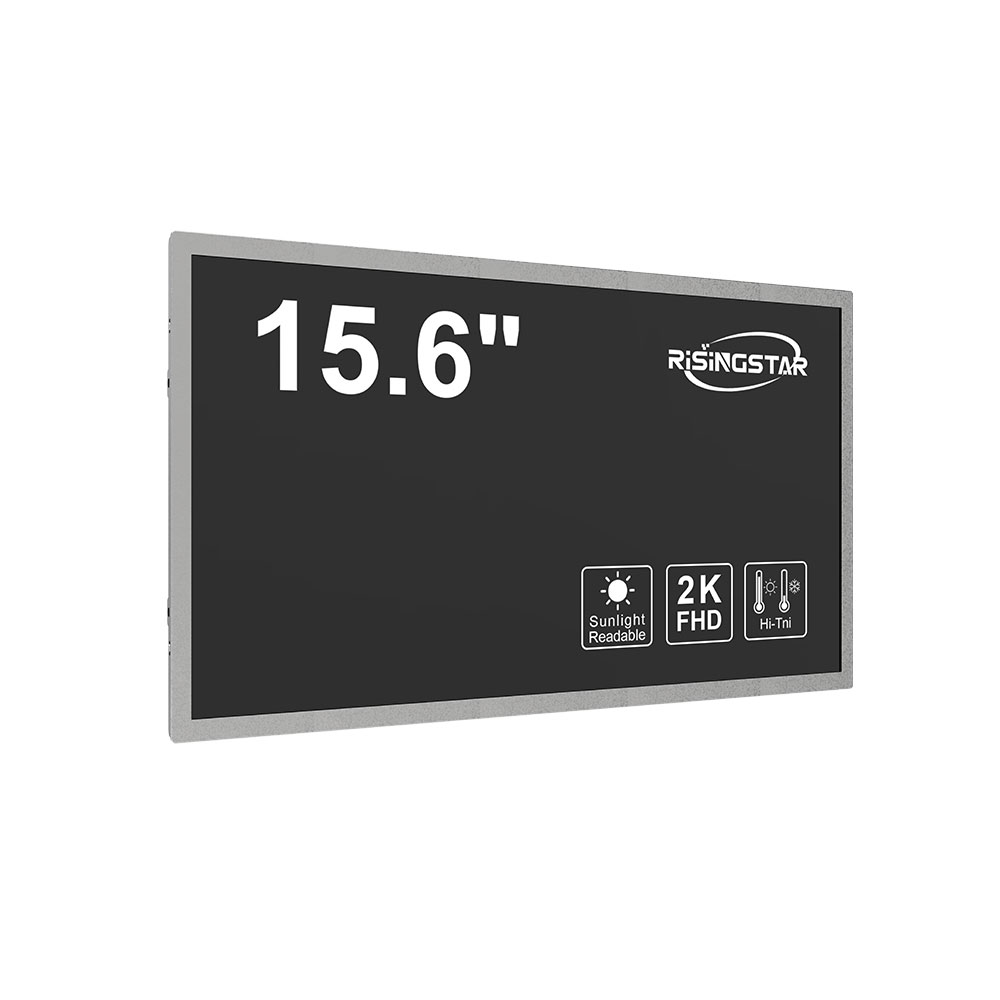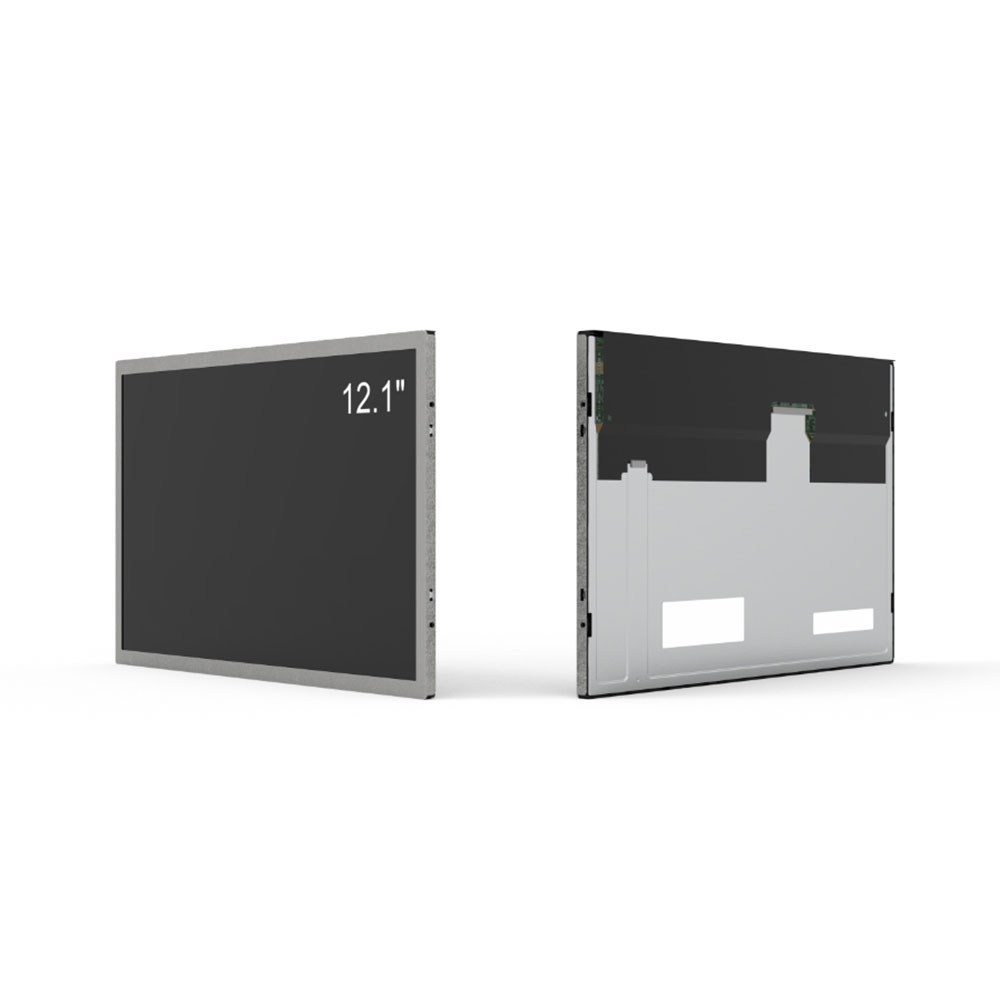- Home
- About Us
- Products
- News
- Video
- Contact
- Send Inquiry
Search
- Home
- About Us
- Products
- News
- Video
- Contact
- Send Inquiry

When designing or selecting outdoor LCD screens for commercial, industrial, or public information systems, display ratio is a critical specification that directly impacts usability, content layout, and visual clarity. Among the most common aspect ratios used in outdoor displays—especially in fixed installations like kiosks, digital signage, and traffic information panels—the 4:3 ratio remains widely adopted due to its compatibility with legacy content and efficient screen utilization.
For 15-inch, 17-inch, and 19-inch outdoor LCD screens, the 4:3 format ensures optimal balance between width and height, making it ideal for displaying text-heavy content, maps, and structured data without stretching or distorting images. According to the Society of Motion Picture and Television Engineers (SMPTE), 4:3 was the standard for CRT television and early computer monitors before the rise of widescreen formats like 16:9. This legacy makes it especially relevant in environments where existing content—such as PDFs, spreadsheets, and older software interfaces—is still frequently used.
In outdoor applications, the physical dimensions of these screens matter significantly. A 15-inch 4:3 display typically measures approximately 12.7 inches wide by 9.5 inches tall, while a 19-inch unit offers a 15.2 x 11.4 inch viewing area. These proportions maintain consistent pixel density across different sizes, which is crucial for visibility under direct sunlight and varying weather conditions. Industry-standard brightness levels for outdoor LCDs range from 5000 to 10,000 nits—much higher than indoor displays—to ensure legibility during daylight hours. The 4:3 format supports this by offering uniform pixel distribution, reducing the need for complex scaling algorithms that can degrade image quality.

Moreover, 4:3 screens are often preferred in specialized sectors such as retail (for POS terminals), healthcare (for patient info displays), and transportation (for station signage). Their square-like shape integrates seamlessly into wall-mounted or pole-mounted setups without requiring additional bezel adjustments. For example, a case study by LG Electronics in 2022 demonstrated that a 17-inch 4:3 outdoor LCD deployed at a London bus stop maintained 98% readability at noon under full sun, compared to only 76% for a similarly sized 16:9 unit.

Manufacturers like Samsung, Sharp, and NEC produce ruggedized 4:3 outdoor LCDs rated IP65 or higher for dust and water resistance, ensuring longevity in harsh climates. When choosing between 15", 17", or 19" models, users must consider not just size but also resolution (typically 1024x768 for 4:3), viewing angle (up to 178°), and power consumption—factors that collectively determine system efficiency and long-term cost-effectiveness.
Ultimately, the 4:3 aspect ratio remains a proven choice for 15-inch, 17-inch, and 19-inch outdoor LCD screens where clarity, compatibility, and durability are paramount. Its enduring relevance in both legacy and modern applications underscores its value in professional outdoor display solutions.